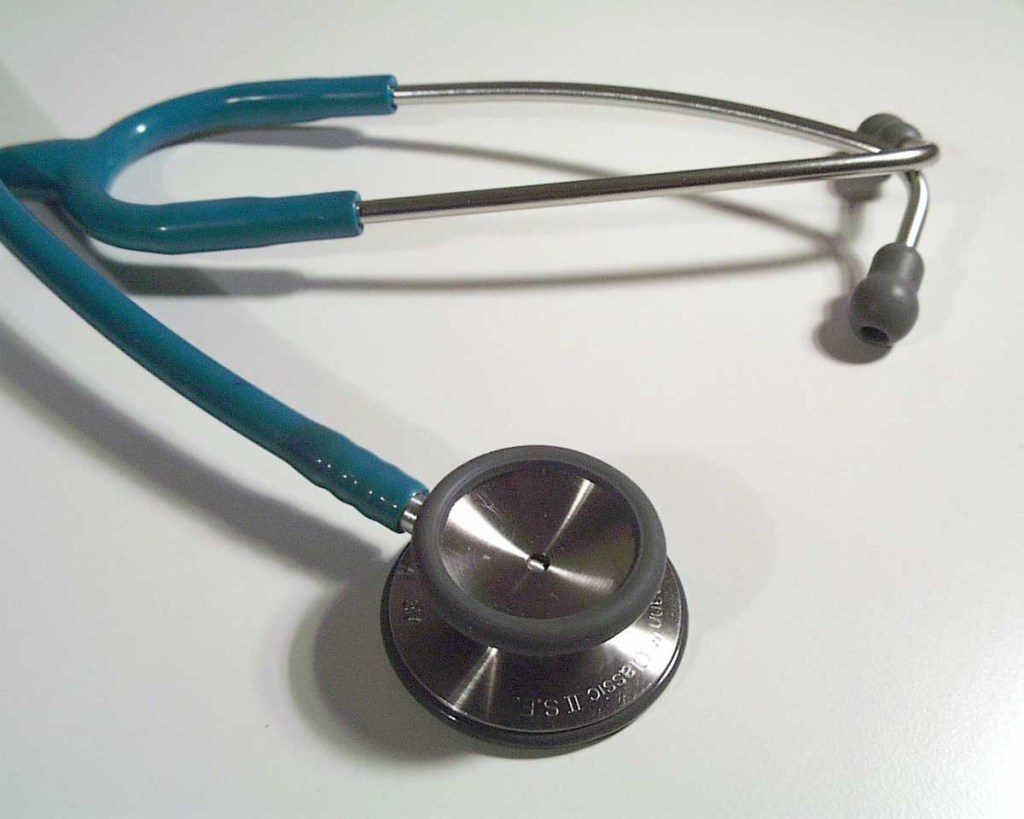Bipartisan deal bails out coal miners health fund
Published 5:10 pm Monday, May 1, 2017

- MorgueFile
WASHINGTON – A permanent health care fix for 22,000 retired coal miners has been agreed to by a bipartisan congressional budget committee, ending months of anxiety for the miners and their families.
“People are just so elated down here,” said Carl Shoupe, a miner from Benham, Kentucky. “It’s like they got food put back on the table.”
Senate Majority Leader Mitch McConnell of Kentucky said on the Senate floor Monday he’s “proud” to have found a permanent guarantee for the coal miners health care benefits.
The miners have been on edge for months upon learning their health fund had run out of money due to the struggling coal mining industry, several mining companies going bankrupt and fewer miners paying into the fund.
Congress passed a temporary funding measure last December but it ran out at the end of April. The permanent remedy is included in the $1 trillion budget bill Congress is expected to approve later this week to avoid a government shutdown.
Under the congressional agreement, the coal miners’ health fund bailout will be funded with various customs fees amounting to about $100 million annually.
A request to also appropriate money to guarantee the miners pension fund, which is expected to become insolvent within two years, was not part of the deal.
West Virginia’s congressional delegation — including Senators Joe Manchin and Shelley Moore Capito and Congressman David McKinley — said they will continue to also push for a permanent solution to the pension fund in the next fiscal year budget.
“We need to fulfill our whole obligation,” said Manchin.
Many of the retired miners suffer from black lung disease and other debilitating medical conditions, ramping up the urgency of the federal bailout, which the union said was implicitly guaranteed by the government in 1946 when the health and pension funds were created to end a crippling national coal strike.
Shoupe, the Kentucky miner, said he relies on his union health coverage for knee injuries suffered in a 1970 mine collapse. He said he and other mines now “don’t have to worry about their insurance going south any more.”
Shouple also wondered why Congress didn’t act sooner, then reflectively commented: “I guess that’s just Washington.”
The bipartisan congressional budget committee worked out the health care fix Sunday and announced the details Monday. It is expected to be approved by Congress with little opposition by Friday as part of an omnibus budget bill to finance the federal government through Sept. 30, the end of the current fiscal year.
The larger budget provides billions of dollars for military funding and national defense, and $1.5 billion for combating illegal immigration. But it contains no money for a Mexican border wall that President Trump has vowed to build.
Congressman McKinley called the health care fix “great news for all of the hardworking miners and family members who have been constantly worried about losing the healthcare benefits they earned.”
United Mine Workers of America President Cecil Roberts called the agreement “tremendous news” that provides the retirees “peace of mind about their future that has eluded them for years.”
Delegations of miners have been teaming with coal state lawmakers to pressure Congress to come up with a permanent solution. Sen. Bob Casey, D-Pa., said that if “it wasn’t for the miners coming down to make their case week after week, this would not have happened.”
Despite the celebration, there was also disappointment over exclusion of the pension fund in the bailout agreement.
Congressional representatives expressed concern from coal states like West Virginia, Kentucky, Pennsylvania and Ohio.
The pension issue is “just as important” as the health fund, said Senator Casey.
Conservative groups such as the Heritage Foundation oppose bailout of the miners’ pensions, fearing the federal government would then be on the hook for funding other union retirement funds facing duress.
Contact CNHI Washington reporter Kery Murakami at murakami@cnhi.com.




